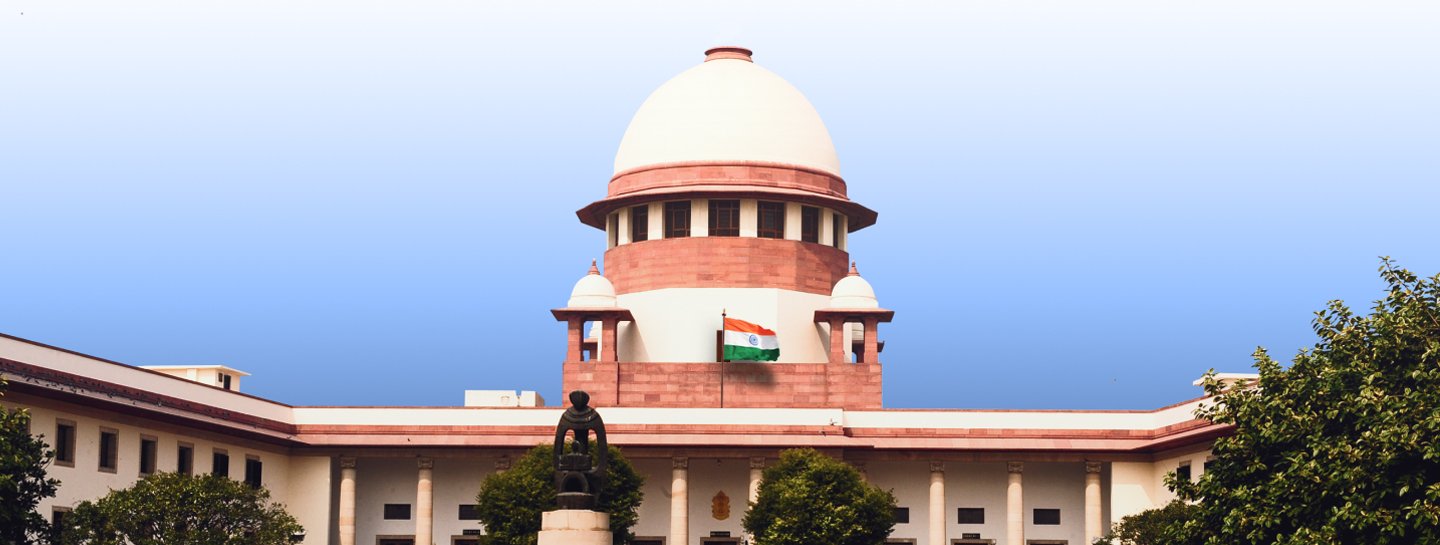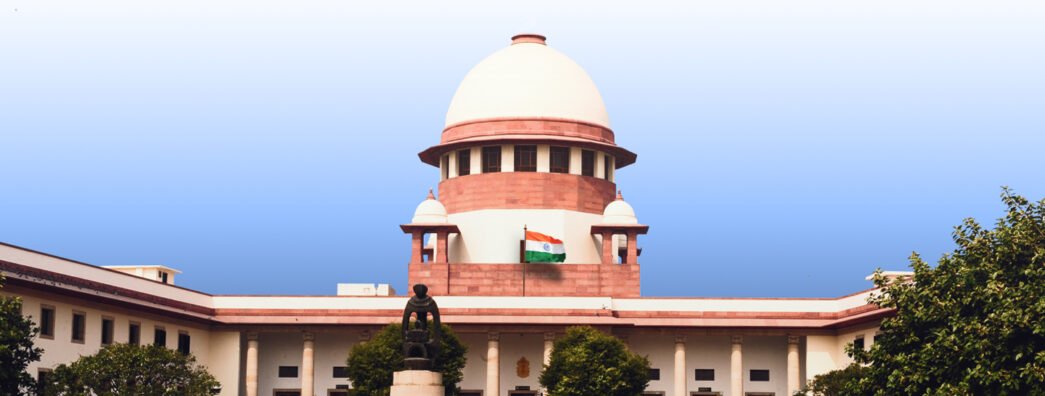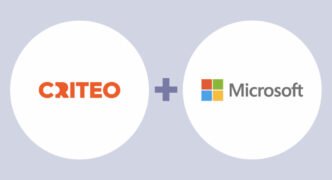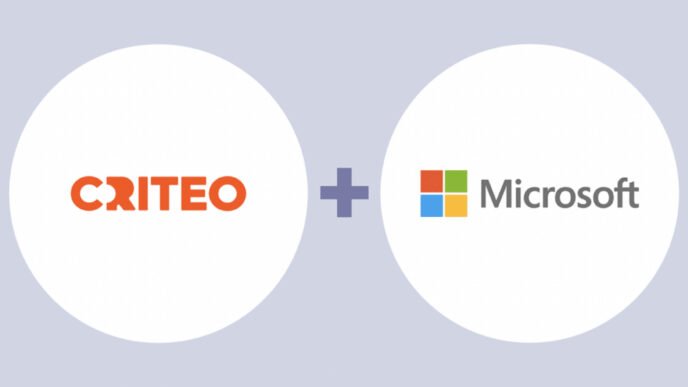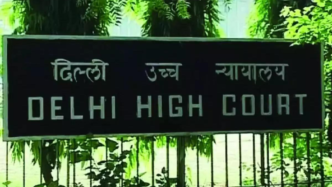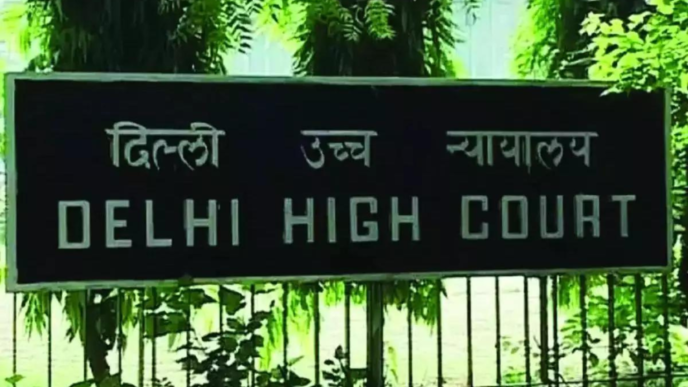New Delhi: The Supreme Court on Tuesday directed the Ministry of Information and Broadcasting (MIB) to reassess the implementation of the ‘self-declaration certificate’ (SDC) requirement for advertisements across various media platforms. This directive follows appeals from several industry bodies, including the Internet and Mobile Association of India (IAMAI), the Advertising Agencies Association of India (AAAI), and the Indian Society of Advertisers (ISA), who raised concerns about the operational challenges posed by the mandate.
During the hearing, Justice Hima Kohli underscored the court’s intent to avoid unnecessary harassment of any sector. She stressed the importance of ensuring clarity and practicality in enforcing the SDC mandate, aiming to streamline the process without imposing an undue burden on advertisers.
ALSO READ: Vishal Pandey Moves On from Zee News
Justice Kohli advocated for continued dialogues between the MIB and industry representatives. She encouraged the Ministry to hold further meetings to refine the implementation framework, ensuring it is both effective and manageable for all parties involved.
The court has ordered the MIB to submit a comprehensive affidavit within three weeks. This document should include detailed recommendations on enhancing the SDC mechanism’s efficacy. The affidavit will be reviewed by the court-appointed amicus curiae, who will provide feedback to ensure the framework’s practicality and effectiveness.
During the session, several suggestions were made to optimize the SDC process. One notable proposal was to consolidate the SDC upload portals into a single platform, simplifying compliance for advertisers across various sectors.
The MIB’s initial advisory, issued on June 18, mandated SDCs for all advertisements, sparking considerable debate within the advertising community. However, following discussions, the Ministry revised its stance on July 4, limiting the SDC requirement to advertisements related to the food and health sectors annually.
The court aims to balance regulatory objectives with industry practicalities. Further deliberations are scheduled for July 30, where the court will continue to seek a solution that meets regulatory needs while addressing industry concerns.
